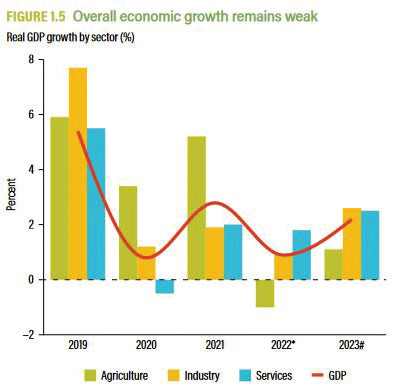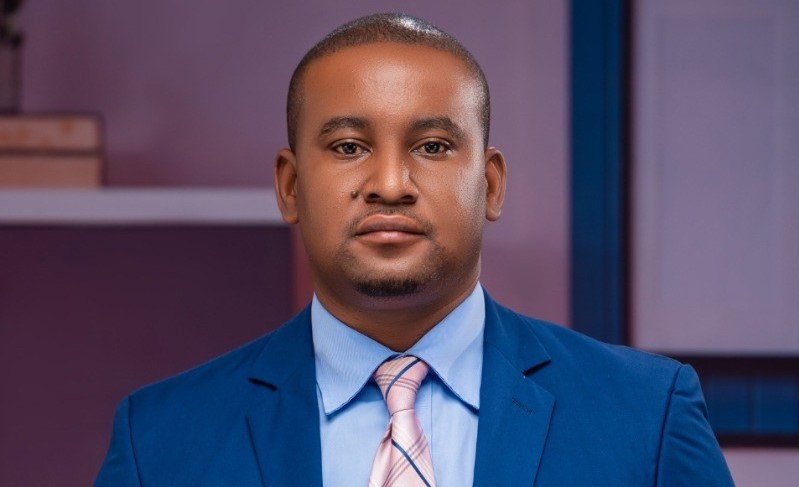Poverty fight faces hitches
National Planning Commission (NPC) says at the current pace, Malawi will unlikely halve the levels of poverty and reduce inequality by 2030 in line with the Malawi 2063, the country’s long-term development strategy.
In its 2023 Malawi 2063 (MW2063) First 10-Year Implementation Plan (MIP-1) analysis, NPC says while the Covid-19 pandemic has worsened the situation, other factors include a high population growth rate, limited access to financial services and high levels of corruption.

Reads the analysis in part: “Malawi is lagging behind other countries in economic development and needs to accelerate economic growth for the country to catch up.
“Inequality is persistent in most communities with wealth being concentrated in a few individuals. The country is not likely to meet the goal.”
The NPC analysis indicates that several interventions are being implemented, including social protection programmes which seek to improve food security at the household and national level and reduce poverty.
Speaking in an interview yesterday, NPC director general Thomas Chataghalala Munthali suggested that more focus on the productive sectors could help bring growth rates beyond the MIP-1 average growth targets even amid the exogenous shocks.
He said: “Graduating into a low-middle income by 2030 and meeting most of the Sustainable Development Goals is possible if we focus our capacities and energies on doing these right things as a nation. We don’t have the luxury of time.
“Thus, investment in large-scale mining, mega farms and tourism should be prioritised along with the creation of an enabling environment that includes investment in energy, information and communications technology, strategic transport networks, macroeconomic stability and good governance.”
World Bank data shows that in Malawi, the poverty rate was 50.7 percent in 2010 and has remained broadly unchanged during the last decade.
The last poverty measure in 2019 showed that 50.7 percent of the country’s population or nine million people, were living in poverty.
Centre for Social Concern economic governance programme officer Bernard Mphepo, while observing that inequality causes a wide range of health and socio-economic problems, said pro-poor policies could help to address the vice.
The MW2063 seeks to transform Malawi into a wealthy and self-reliant industrialised upper middle-income country by 2063
The blue print also projects that if the economy grows at an annual average rate of six percent, Malawi could attain the low-middle-income status by 2030, with a per capita income of between $1 006 (about K1 million) and $3 955 9 (about K4 million).





